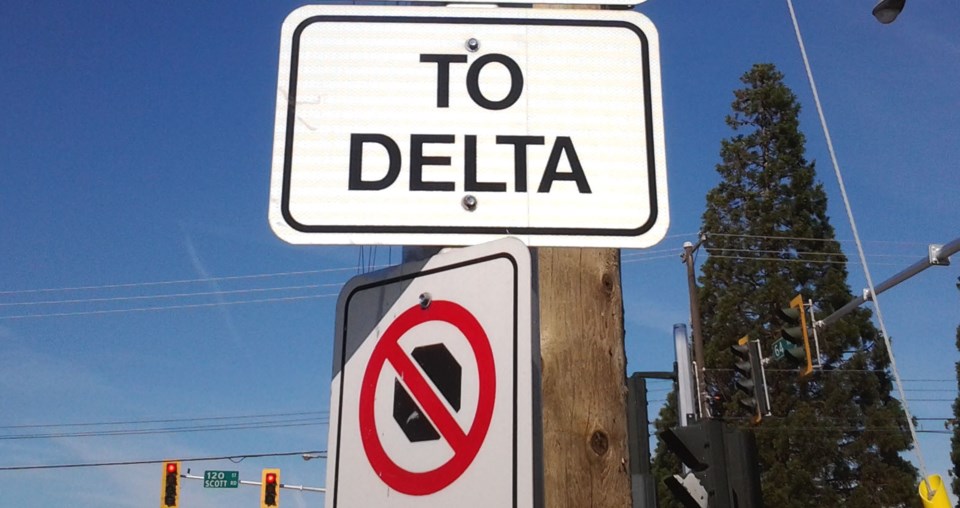A Delta mental health strategy, tangible steps towards First Nations reconciliation and a youth centre.
Those were ideas put forward for further discussion by the Delta Child and Youth Committee, a group of non-profit, government and community agencies and organizations that work to improve the lives of children, youth and families in Delta.
Council recently discussed a city staff report on the activities of the committee and its subcommittees, which have been meeting regularly since the 1980s as a venue for service providers to learn from each other, plan and collaborate.
It’s continuing to find ways to meet despite the challenges of COVID-19.
“Despite the disruptions caused by COVID-19, the committee continues to provide an important venue for the exchange of information and collaboration between government, non-profit and community agencies working to support children and youth in Delta. It is particularly important during this time to continue to support the work of this committee so that it can, in turn, support the member agencies providing direct help in the community,” the report notes.
The committee, which receives annual funding from several sources including $10,000 included in Delta’s social planning budget, had to cancel or postpone some scheduled activities due to the pandemic, such as the annual Delta Family Information Fair.
However, the work of the committee continues with meetings held via Zoom and other communications being shared amongst an expanding email distribution list that reaches all stakeholders.
“The pandemic has highlighted and created new social service needs within the community, and it is important that the work of the CYC continues to be supported so that the member agencies can be ready and responsive to changing social needs,” the Delta report notes.
The latest activity report by CYC, released last month, listed several recent and current initiatives including putting forward the idea of having a youth Foundry in Delta.
Foundry is a province-wide initiative, supported by the Government of B.C. and others, which offers young people 12-to-24 health and wellness resources, services and supports, both online and through integrated service centres in communities.
Foundry centres provide “a one-stop-shop” to access mental health care, substance use services, primary care, social services and youth and family peer supports.
“CYC members came together to jointly support one provincial application for a Foundry. It was agreed by all stakeholders that the application would have co-leads (CMHA and BGCBC). There was a spirit of positive collaboration and doing what was best for Delta around the table. The expression of interest was not approved, but the membership is interested in pursuing other avenues to have a space for youth in Delta,” the CYC report notes.
“Due to the relationships built through the CYC, we were able to convene the key stakeholders and jump into planning quickly and effectively.”
Members of the CYC include the Boys and Girls Club of South Coast, Canadian Mental Health Association, City of Delta, Dan's Legacy, Deltassist, Delta Food Coalition, Delta Gymnastics, Delta Literacy, Delta Police, Delta School Board, Delta School District, DiverseCity, Earthwise, Fraser Health Population and Public Health, Fraser Valley Regional Library, KidSport Delta, Little House Society, Ministry of Children and Family Development, Progressive lntercultural Society, REACH Child and Youth Development Society, Surrey-North Delta Division of Family Practice, the Centre for Child Development, Tsawwassen First Nation and United Way of the Lower Mainland.



